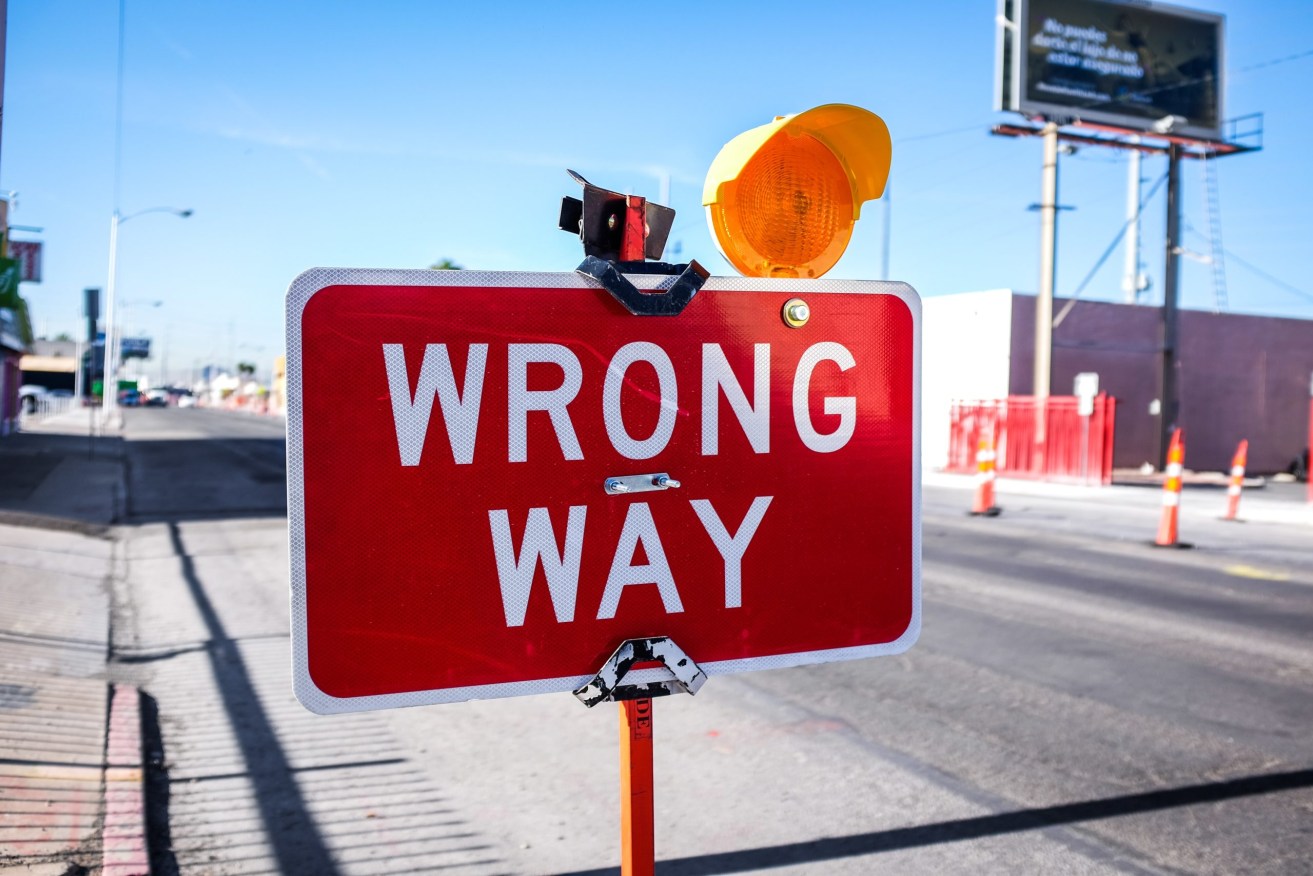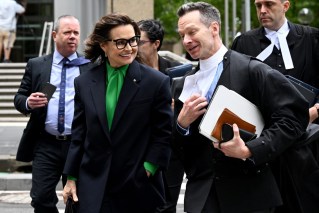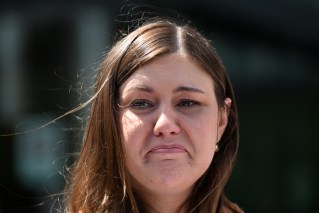Why do we put our biggest decisions into the hands of those least qualified?
We are increasingly governed by the decisions of amateurs – most frequently, politicians – whose prognosis is influenced by bias, writes Madonna King


Wouldn't we make better decisions if we listened to the experts rather than those who pretend to be? (Photo: Unsplash, neonbrand)
My face resembles a patchwork quilt this week; a reminder of the long days, as a child, under an unforgiving sun in western Queensland.
At no point, though, did I consider not accepting the dermatologist’s decision to excise the troubled spots. Who would decline the wonders of diagnosis and cure through modern science?
Would you argue with your doctor over the results of a mammogram? Or what a cardiologist’s assessment might show?
Of course not – because the medico is a specialist, whose expertise we seek, pay for, and largely trust.
So why is that not the case, with the rest of our lives? Why don’t we value expert opinion any more? And why isn’t public policy influenced more by those who know, rather than those who pretend to know?
Routinely now, we are governed by the decisions of amateurs – most frequently, politicians – whose prognosis is influenced by bias.
How we deal with domestic abuse is at the whim of politicians, not police, who are called out every two minutes in this country to a domestic violence situation. Imagine, if we garnered the advice of those officers who have been to hundreds of homes, before articulating how it should be tackled.
The same goes for the road toll, and the epidemic in the use of ice, and a dozen other areas of policing where politicians are more inclined to join a law and order auction, than genuinely seek a new way ahead.
Take the case of Douglas Brian Jackway, a vicious pedophile who experts – in this case, prison officers who have watched and dealt with him for years – say should not be living in the community.
The Supreme Court views it differently, and he will now be released. Now that might be a good decision, or it might be a terrible decision we will regret – but why wouldn’t we seek the expert opinion of those who have tracked his behaviour, every single day?
Education is the non-experts’ expert area, and rarely is the view of a teacher or school principal sought in the deliberation of how our students should be taught.
Just take NAPLAN. Find a teacher who supports it, and I’ll give them an apple. But this week we heard our education ministers talk about its high value in determining long-term trends in student learning.
So who do you believe? A bunch of education ministers sitting around a big table and pontificating over cake? Or those with a degree in education who each day spend hours, on their feet, teaching our children the value of inquiry?
The same stupidity umbrellas the decision to test the literacy and maths ability of those wanting to train as teachers before they go to university – and then letting them enrol anyway.
Expert educators, trained in training teachers, have argued for years that the best way to graduate strong classroom leaders is to find the right people, educate them, and then to ensure they have the required literacy and maths ability before stepping into the classroom.
So what do our education ministers know, that those who train teachers don’t? Nothing. But it’s a good line, and the motivation isn’t more qualified teachers – it’s a quick grab for a populist vote.
Queensland’s coronavirus management – despite glaring inconsistencies – has been applauded across the globe. And what’s been the basis of that decision-making? A medical specialist – an expert in pandemics – determined policy, not a politician.
There should be more of it – more teacher expertise in education policy, the public view of scientists in research priorities, the view of working police officers in the fight against crime, the voice of nurses in determining how the National Disability Insurance Scheme could be improved.
The list goes on. Imagine farmers being part of the roundtable on agricultural policy, working businessmen and women providing input into the state budget, and water policy being the result of evidence-based research, not what might grab most votes around the water cooler.
Imagine the difference it could make. It might restore some of the confidence we’ve lost in government thanks to too many decisions looking and smelling like they’re only made for political benefit.
Is this a forlorn hope? Maybe. But it’s almost Christmas, so surely we get to dream a little.












